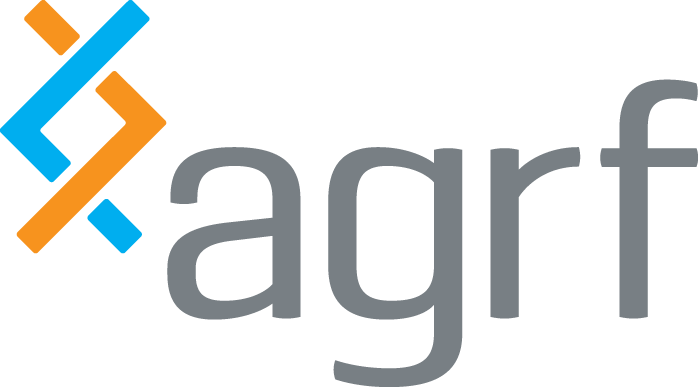A genomic approach to transform liver and renal transplants
/Leading efforts to improve transplant outcomes is Professor Paul James, a Clinical Geneticist and Director of the Parkville Familial Cancer Centre at Peter MacCallum Cancer Centre and Royal Melbourne Hospital. He leads a Melbourne Genomic Health Alliance funded Clinical Change Project, which seeks to “get more out of the genome” and use genetic insights to personalise patient care in high-intensity settings, such as organ transplants.
AGRF plays a crucial role in this initiative by providing genomic sequencing and analysis to patients with upcoming transplant procedures. The workflow utilises a multi-platform approach, combining low pass Whole Genome Sequencing, Illumina Global Screening Array and Sanger Sequencing to generate high-quality data to inform comprehensive genomic reports for clinicians and pharmacists.
Read More





